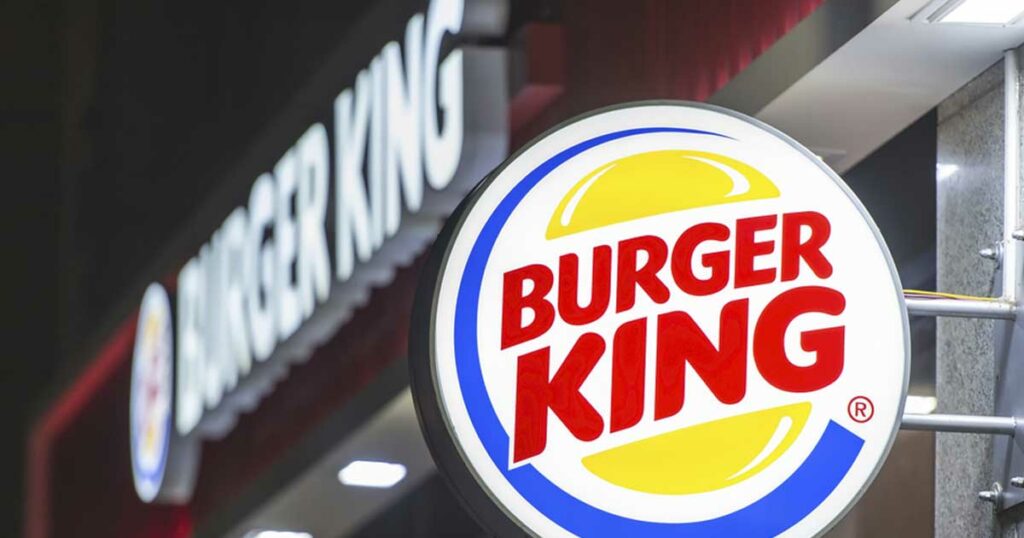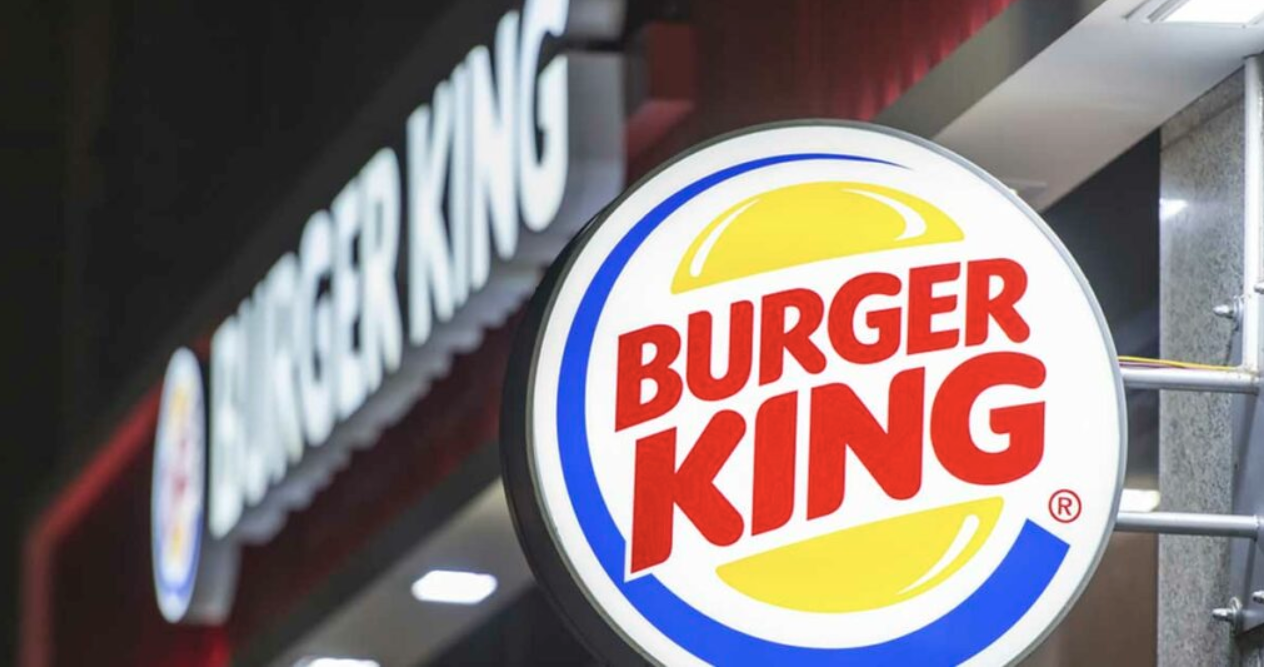Burger King, a renowned fast-food chain, has made a bold move by announcing the closure of several locations across the United States. This decision is part of the company’s larger strategy to restructure its operations and undergo a complete rebranding. Let’s dive into the reasons behind Burger King’s seismic move and the potential impact on you, the discerning consumer.

Streamlining Operations for Excellence
Burger King has fearlessly been closing specific restaurants to achieve operational excellence. However, the closure of approximately 400 outlets in the United States represents a significant departure from the norm. As the CEO of Burger King, Joshua Kobza has emphasized the company’s unwavering commitment to meeting demanding operational criteria.
The goal is to enable franchisees to oversee and guide restaurants that surpass ordinary expectations, going beyond the system’s average performance benchmarks. Burger King is strategically allocating its resources towards nurturing and strengthening its thriving outlets while facilitating an exit plan for franchisees who are unable to meet these enhanced requirements.
A Multifaceted Rebranding and Modernization Strategy
Reducing its operational presence aligns with Burger King’s larger strategy to revitalize its identity and boost prestige in the merciless world of fast-food competitors. In preparation for 2022, the company launched the ambitious “Reclaim the Flame” rebranding project, backed by an impressive $400 million investment.
This financial commitment has been wisely allocated to breathe fresh life into the brand. Inventive advertising campaigns, simplified menu curation, and extensive renovations aim to reignite Burger King’s magnetic attraction. The company has set aside a luxurious $50 million over the next two years to execute a comprehensive makeover across nearly 3,000 of its shops, showcasing its steadfast dedication to modernity.
The rejuvenation process entails a range of improvements, from cutting-edge technological integrations to advanced culinary modifications and practical alterations that enhance the overall customer experience. By embracing revolutionary concepts like three-lane drive-thrus and pioneering delivery methods, Burger King aims to meet the evolving expectations of contemporary consumers, ensuring it remains at the forefront of the fiercely competitive fast-food sector.
Towards a Promising Future
Navigating this transformative journey presents both internal and external challenges, each with its own unique complexities. The pandemic highlighted flaws in Burger King’s digital infrastructure, exposing the difficulties in seamlessly implementing digitalization to manage the growing demand for online orders and doorstep deliveries.
Furthermore, the introduction of experimental menu items, such as the Impossible Burger, brought forth its set of challenges that required careful navigation. However, amidst these strategic closures, there is a glimmer of hope with an 8.7% increase in comparable sales for the first quarter of 2023.
This upward trend is a testament to the success of Burger King’s astute strategies, including a streamlined menu offering, prudent rebranding activities, and targeted closures of underperforming locations. In a market where it competes with culinary giants like McDonald’s, Wendy’s, and newcomers like Five Guys and Shake Shack, Burger King’s strategic gambits carry significant weight.
Burger King embarks on a revolutionary journey encompassing identity realignment, menu refinement, and immersive eating experiences. This persistent route aims to recapture market share and fundamentally redefine the company’s position within the fast-food sector.
A Confluence of Transformation and Refinement
Burger King’s deliberate choice to initiate a wide range of closures goes beyond simple operational reconfigurations. This pivotal moment reflects a delicate dance towards brand redesign, operational streamlining, and an unwavering commitment to enhancing the customer’s dining experience.
This monumental change takes place amidst a watershed moment in the fast-food industry. Burger King positions itself as an industry innovator, ready to disrupt conventional paradigms and pave the way for an exhilarating new era. With its rebranding campaigns, investments in modernization, and intentional closure of underperforming locations, Burger King is set to embark on an exciting journey that resonates with the evolving preferences of the modern consumer.





